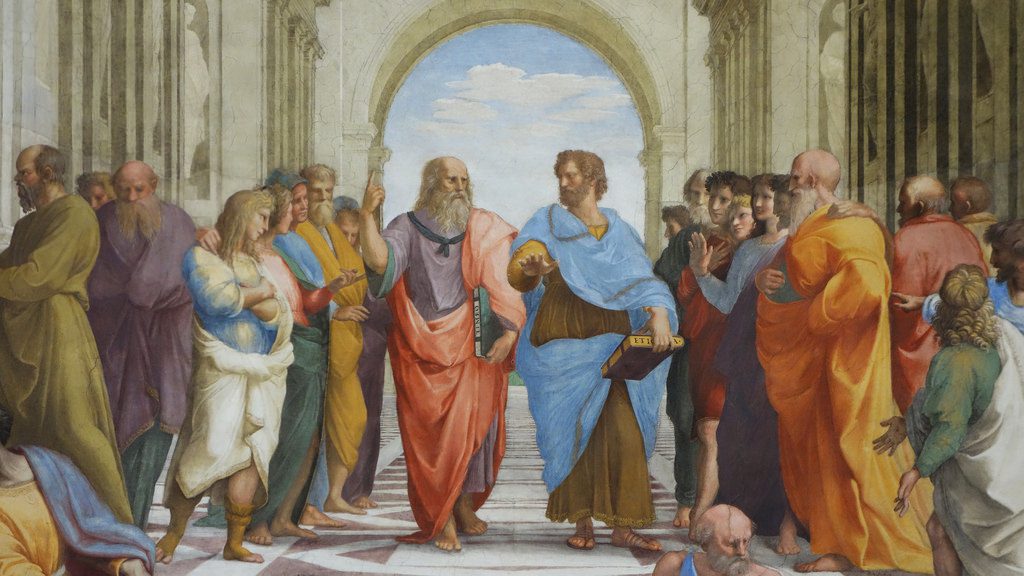2016 has been an interesting year to say the least and, if nothing else, it has really brought the whole issue of globalization into very sharp focus. Fittingly, the October issue of The PRactice’s publication, Viewpoint, was also about this theme and gave us a lot to mull over.
I particularly liked how one contributor, Ramu Damodaran of the UN, summed up the populist pushback to globalization: “The one factor to keep in mind is that, historically, whenever human beings have sought to create larger political or social entities, there has always been opposition in one form or another. That has definitely been true in the history of India – through periods spanning the growth of the British empire as well as various wars or conflicts that predate it – and it is something we are experiencing again now…”
There are probably some real reasons driving the resistance, Damodaran went on to add:
“While, on the face of it, much of this assertion of identity is cloaked in nationalistic or communal terms, the real imperative may well be economic.”
We have seen plenty of evidence of this in 2016 – in the unexpected and almost shocking outcomes of the Brexit vote and the US elections. These outcomes came layered with overtones of bigotry and xenophobia until we dug a little deeper to find large-scale disillusionment among people in economically sidelined regions.
So, globalization is not always an equitable system. But is it possible to roll it back? And will that help the global economy? Lastly, if there is historical precedent to all of this, then shouldn’t we be looking to history for answers?
That is what Ruchir Sharma (Chief Global Strategist at Morgan Stanley) has attempted to do in this eye-opening blog for the TOI. I found it a terrific read because it so nicely tied together the circumstances that led to deglobalization in in the decades following World War I to what we are currently experiencing.
I would recommend this article to anyone aiming for a better historical perspective on the situation. In essence, Sharma compares the retreat from globalization in the wake of the financial crisis of 2008, to a similar withdrawal around the time that World War I broke out. A comparable wave of rising populist and anti-immigrant sentiment at the time led to a slew of protectionist and inward looking measures in the US. In the long run, these and other measures only helped to deepen the recession in that country and promote the rise of autocracies in other nations that ultimately set the stage for World War II.
2008 was a similar turning point in the economic history of the world and if what Sharma says is true then we have to brace ourselves for a prolonged period of deglobalization that is likely to be marked by ‘slower growth, higher inflation and rising conflict’.
Globalists may dismiss recent events as just road bumps in the journey but Sharma points to another trend that indicates a real rollback – namely, a significant slowdown in the flow of trade, capital and people across borders in recent times. The situation definitely throws up a lot of questions that don’t have easy answers. How will Trump’s trade policies play out in the next four years? What does it mean for countries whose economies depend on global commerce? Will India with its robust domestic market be OK?
Ruchir Sharma has gone on to elaborate on his model for picking economic winners and losers in a book titled ‘The Rise and Fall of Nations’. I am adding that to my ‘to read’ list.
Vivek Rana is CEO at The PRactice




